The story of the malignant fantasist Carl Beech is one of the more iniquitous episodes in British legal history, a stomach-turning swamp of lies, gullibility and heinous incompetence. It shook faith in some of our supposedly most robust institutions to the core, and Beech’s lies tainted the reputations of some innocent victims who went to their graves with a shadow still hanging over them.
Vanessa Engle’s documentary (BBC Two) told Beech's story with a sardonic eye, though the repeated jokey images of a Pinocchio figure tended to undermine the gravity of the tale. In 2012 Beech had cashed in on the Jimmy Savile scandal when he told Wiltshire police he was one of Savile's victims (their investigation found nothing, but Beech successfully claimed £22,000 compensation, with which he bought a Ford Mustang). He became more widely known in 2014, with his astounding allegations of the torture and murder of children at the hands of a ring of eminent figures lurking in Westminster's corridors of power. As we heard here, with a bit of help from Beech’s excruciatingly dire “poems”, he claimed to have been the victim of all manner of depravity, from grotesque sexual abuse and beatings to being bitten by snakes and stung by wasps at the hands of (among others) former Prime Minister Edward Heath, the much-decorated former chief of the Army’s General Staff Lord Bramall, former Home Secretary Leon Brittan and ex-Tory MP Harvey Proctor. He would also claim to have witnessed three murders committed by what he called “The Group”.
Beech’s allegations were picked up by journalist Mark Conrad, who posted a story about them, giving Beech the pseudonym “Nick”, on the investigative website Exaro, and it was this which alerted the Metropolitan Police. Seemingly, it was the post-Savile backlash which drove the police to pursue the “Nick” case with unreflective zeal, regardless of its crushing effect on those wrongfully accused. As Bramall’s son Nick put it here, “they wanted this to be true. This was like the Holy Grail of abuse… they lost all sight of rational thought.”
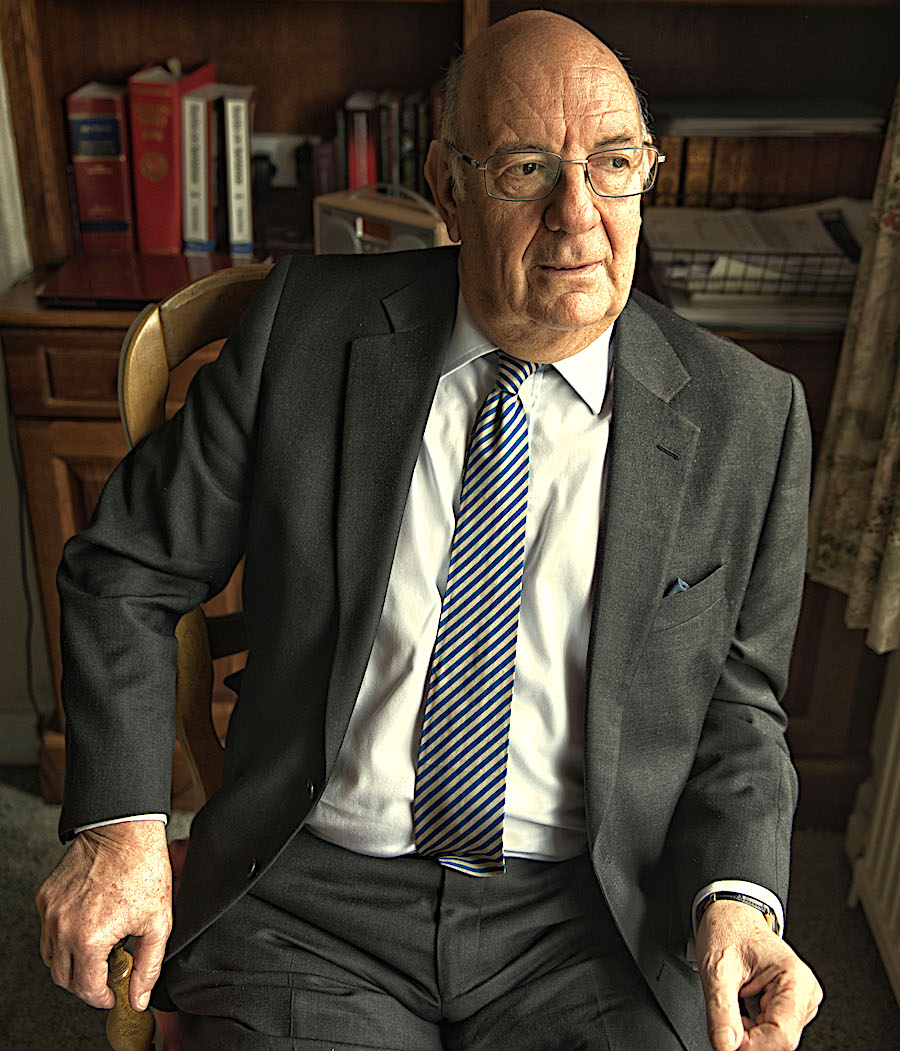 The Met’s Operation Midland was eventually shut down after 16 months, having made no arrests and found no plausible corroborating evidence. However, it wasn’t only the police who were taken in. Engle puts it to Conrad that he could be taken for “a fool who believed Carl Beech hook, line and sinker”, but the film barely mentions Labour MP Tom Watson, a keen proselytiser for the existence of a Westminster paedophile ring who vigorously supported Beech’s claims. Nor is there any mention of the enthusiastic backing by LBC’s James O’Brien of Exaro and Beech’s allegations.
The Met’s Operation Midland was eventually shut down after 16 months, having made no arrests and found no plausible corroborating evidence. However, it wasn’t only the police who were taken in. Engle puts it to Conrad that he could be taken for “a fool who believed Carl Beech hook, line and sinker”, but the film barely mentions Labour MP Tom Watson, a keen proselytiser for the existence of a Westminster paedophile ring who vigorously supported Beech’s claims. Nor is there any mention of the enthusiastic backing by LBC’s James O’Brien of Exaro and Beech’s allegations.
Operation Midland was a virtue-signalling spree rather than an investigation, with the police conducting ostentatious but incompetent searches of suspects’ homes (with possibly invalid search warrants) and brazenly advertising for other witnesses or accusers to come forward. “You will be believed, you will be supported,” beseeched lead detective DS Kenny McDonald, who also uttered the infamous soundbite that “Nick”’s accusations were “credible and true”. The rules of evidence had apparently been unilaterally suspended.
As Engle’s film illustrated, all it took to saw the floorboards out from under Beech’s compendium of fairy tales was a bit of the most basic police work. Sir Richard Henriques (pictured above), who oversaw the subsequent inquiry into police conduct during Operation Midland, reiterated his stinging verdict, pointing out that the list of things the police had failed to do (eg checking Beech’s medical history, computer and phone records) “would have brought this investigation to a crashing halt within hours.” It transpired that Beech's descriptions of locations where he'd been abused were in fact descriptions of photographs he'd found on Google, while other details had been lifted from accounts of other abuse cases.
The fact that Beech turned out to be a paedophile with a stash of Category A (the worst) child pornography on his computer added a final bitter twist, a particularly devastating one since he was employed as an inspector for the Care Quality Commission. As the saying goes, you couldn't make it up. Needless to say, the Independent Office for Police Conduct managed to exonerate the Operation Midland police officers of any wrongdoing.

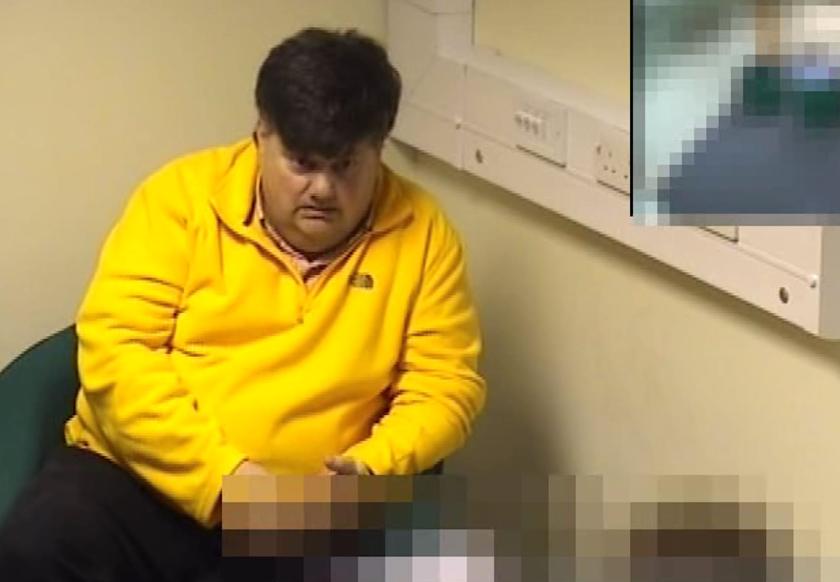




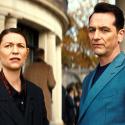
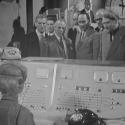



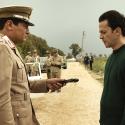


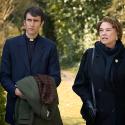
Add comment